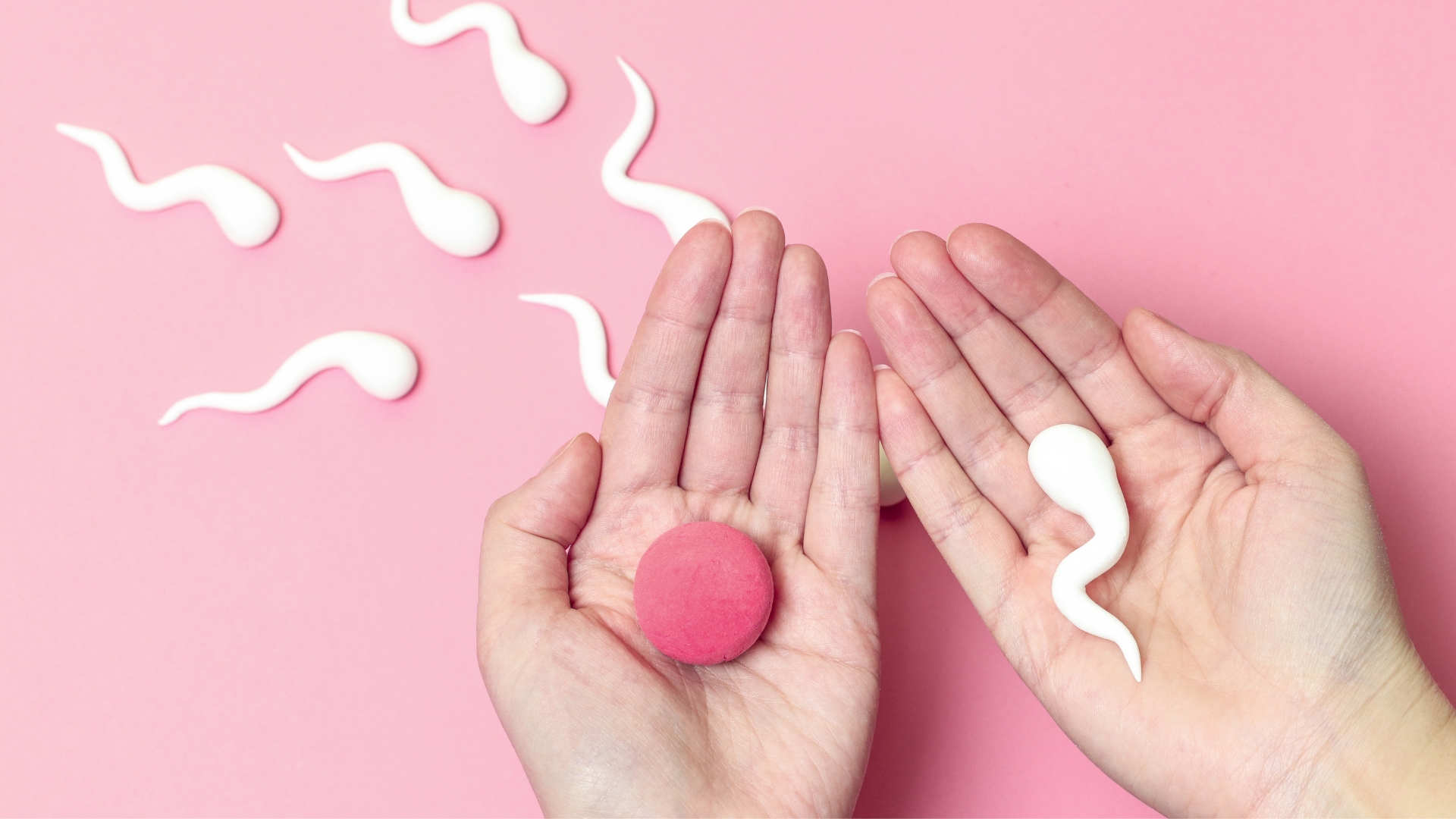IUI Treatment

Intrauterine insemination (IUI) is a fertility treatment in which sperm is placed directly into a woman's uterus in an effort to achieve pregnancy. The sperm may be from the woman's partner or from a donor.
IUI is typically used in cases where there is mild male factor infertility, such as low sperm count or motility, or in cases where the woman has cervical mucus that is hostile to sperm. It may also be used in cases where the woman is using donor sperm, such as in same-sex couples or single women.
The process of IUI typically involves the following steps:
- Ovarian stimulation:The woman will be given medications to stimulate her ovaries to produce multiple eggs in a single cycle.
- Sperm preparation:The sperm sample will be washed and prepared for insemination.
- Insemination:A thin, flexible catheter is inserted through the cervix and into the uterus, and the prepared sperm is then injected into the uterus.
- Pregnancy test:A pregnancy test will be performed several weeks after the insemination to determine whether the treatment was successful.
IUI is generally a less invasive and less expensive fertility treatment option compared to in vitro fertilization (IVF). However, the success rate of IUI is lower than that of IVF, and the treatment may need to be repeated multiple times before pregnancy is achieved. It is important to discuss the potential risks and benefits of IUI with a fertility specialist before deciding to undergo this treatment.




